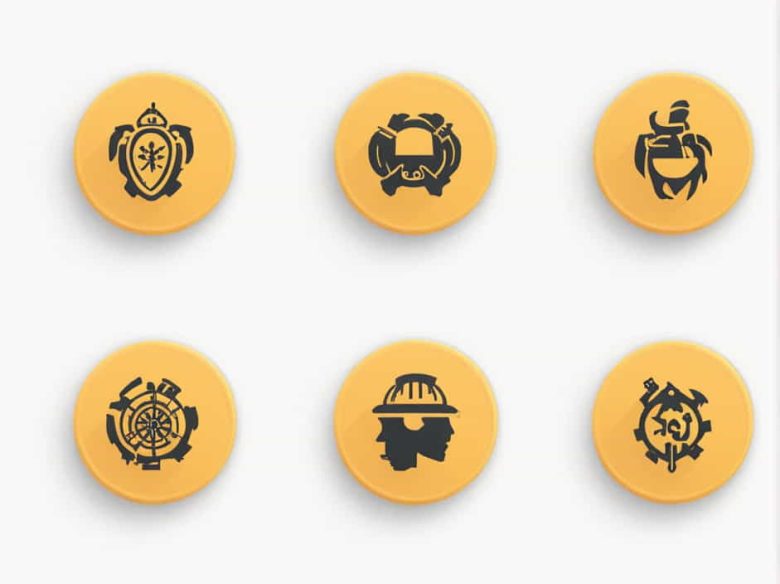A coroner plays a crucial role in the legal and medical fields by investigating deaths that occur under unusual or suspicious circumstances. They work closely with law enforcement forensic pathologists and medical professionals to determine the cause and manner of death.
This topic explores the responsibilities required skills educational path and career opportunities for coroners.
1. What Is a Coroner?
A coroner is an official responsible for investigating deaths that are sudden violent unexplained or suspicious. Depending on the jurisdiction coroners may be elected or appointed and may or may not have medical training.
In some regions coroners work with forensic pathologists who perform autopsies while in others they may also conduct medical examinations themselves.
1.1 The Purpose of a Coroner’s Investigation
The primary goal of a coroner’s investigation is to establish:
- Cause of death (e.g. natural causes accident homicide suicide).
- Manner of death (e.g. natural accidental suicidal or homicidal).
- Identity of the deceased if unknown.
- Circumstances surrounding the death to rule out foul play.
2. Key Responsibilities of a Coroner
The coroner’s duties vary depending on local laws and regulations but their core responsibilities typically include:
2.1 Conducting Death Investigations
Coroners respond to reports of unexplained or suspicious deaths and may visit the scene to examine the body. They work with law enforcement and forensic teams to gather evidence.
2.2 Ordering Autopsies and Toxicology Tests
In cases where the cause of death is unclear a coroner may request an autopsy to be performed by a forensic pathologist. They may also order toxicology tests to detect drugs alcohol or poisons in the deceased’s system.
2.3 Determining Cause and Manner of Death
After reviewing medical history autopsy results and crime scene evidence the coroner determines:
- Cause of death (e.g. heart attack drug overdose gunshot wound).
- Manner of death (natural accidental suicide homicide or undetermined).
2.4 Issuing Death Certificates
Once the cause of death is confirmed the coroner officially certifies the death and issues a death certificate which is required for legal and insurance purposes.
2.5 Working with Law Enforcement and Families
- Coroners provide key evidence in criminal cases involving suspicious deaths.
- They may testify in court as expert witnesses.
- They communicate with the deceased’s family explaining the findings and assisting with legal procedures.
2.6 Handling Public Health Concerns
Coroners play an essential role in identifying public health threats such as deaths caused by infectious diseases drug overdoses or workplace hazards.
3. What Skills and Qualities Does a Coroner Need?
A successful coroner must have a combination of medical knowledge investigative skills and legal understanding.
3.1 Strong Analytical and Investigative Skills
- Coroners examine evidence medical reports and autopsy findings to determine the cause of death.
- They must think critically and analyze complex information.
3.2 Knowledge of Medical and Forensic Science
- While not all coroners are doctors they need a basic understanding of anatomy pathology and toxicology.
- They must interpret medical records and forensic reports accurately.
3.3 Communication and Interpersonal Skills
- Coroners work closely with law enforcement forensic experts and grieving families.
- They need to explain findings clearly and show compassion when speaking to the deceased’s relatives.
3.4 Legal and Ethical Awareness
- Coroners must follow legal procedures when handling evidence and death investigations.
- They should be knowledgeable about state and federal regulations regarding death certification and reporting.
3.5 Attention to Detail
- Small details can make a big difference in a death investigation.
- Coroners need to document everything meticulously to ensure accurate reporting.
4. How to Become a Coroner
The requirements to become a coroner vary by location but the general steps include:
4.1 Educational Requirements
- Some coroners have medical degrees while others have backgrounds in criminal justice forensic science or law enforcement.
- Many coroners have at least a bachelor’s degree in forensic science biology chemistry or a related field.
- In some jurisdictions coroners must be licensed physicians or pathologists.
4.2 Training and Certifications
- Many coroners receive on-the-job training in forensic investigations.
- Some states require coroners to complete certification programs through organizations like the American Board of Medicolegal Death Investigators (ABMDI).
4.3 Experience in Law Enforcement or Medicine
- Many coroners have previous experience as police officers forensic scientists paramedics or nurses.
- Some are elected officials and may not have formal medical training but work closely with forensic experts.
4.4 Licensing and Continuing Education
- Some states require coroners to pass exams or certifications.
- Continuing education is essential to stay updated on forensic science and legal procedures.
5. Coroner vs. Medical Examiner: What’s the Difference?
Many people confuse coroners with medical examiners but they are not the same.
| Aspect | Coroner | Medical Examiner |
|---|---|---|
| Education | May not have a medical degree | Must be a licensed physician |
| Duties | Investigates deaths but may not perform autopsies | Conducts autopsies and forensic investigations |
| Appointment | Often elected | Usually appointed |
| Jurisdiction | Common in smaller towns and rural areas | Found in larger cities and counties |
Medical examiners are usually forensic pathologists with extensive training in autopsy procedures while coroners oversee death investigations but may not perform the medical examinations themselves.
6. Career Outlook and Salary for Coroners
6.1 Job Outlook
The demand for coroners is expected to remain steady as population growth crime investigations and public health concerns continue to increase. Coroners are employed by government agencies forensic departments and public health offices.
6.2 Average Salary
- Salaries vary based on location education and experience.
- The average annual salary for coroners in the U.S. ranges from $50000 to $100000.
- Medical examiners who are licensed physicians typically earn higher salaries.
A coroner is responsible for investigating unexplained or suspicious deaths determining the cause and manner of death and ensuring legal and public health compliance. This role requires strong investigative skills medical knowledge and legal awareness.
If you are interested in a career in forensic science criminal justice or public health becoming a coroner could be a rewarding path with a significant impact on society.



